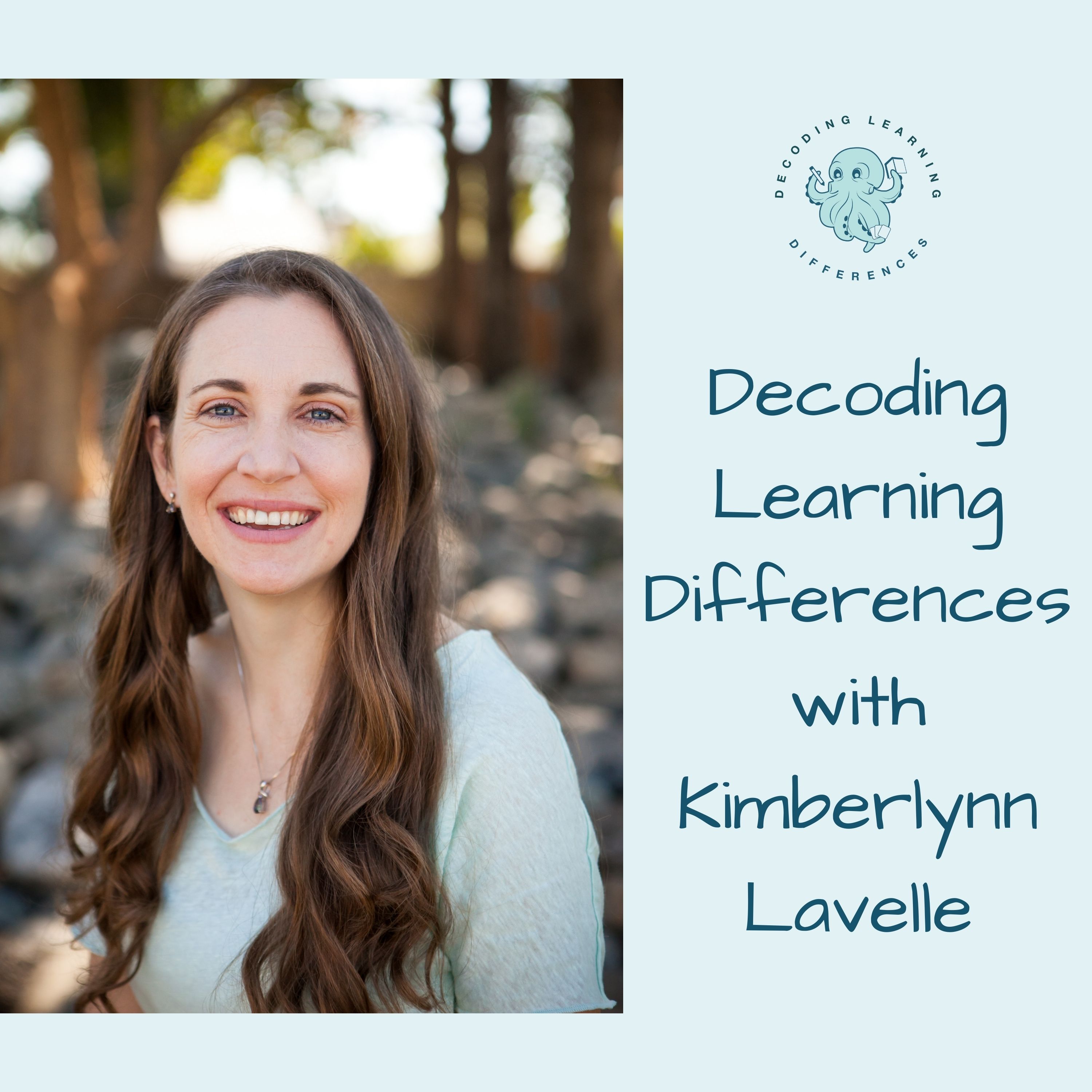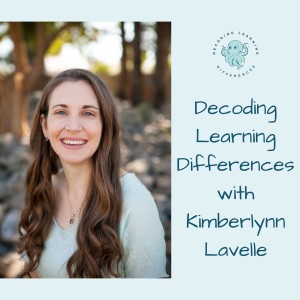

I teach parents how to educate their own children (especially those with struggling learners) so that they can successfully and peacefully homeschool or provide supplemental education at home. This podcast will discuss: - various learning disabilities and challenges, including: ADHD, dyslexia, autism, processing disorders, and so much more! - how all people learn - different learning styles - strategies for supporting specific learning challenges - how to apply these learning strategies at home - stories from homeschooling parents -interviews from other experts
I teach parents how to educate their own children (especially those with struggling learners) so that they can successfully and peacefully homeschool or provide supplemental education at home. This podcast will discuss: - various learning disabilities and challenges, including: ADHD, dyslexia, autism, processing disorders, and so much more! - how all people learn - different learning styles - strategies for supporting specific learning challenges - how to apply these learning strategies at home - stories from homeschooling parents -interviews from other experts
Episodes

Monday Apr 25, 2022
Reading Comprehension and Disabilities
Monday Apr 25, 2022
Monday Apr 25, 2022
Reading Comprehension is often impacted by learning disabilities.
Some learning disabilities impact a child’s ability to comprehend anything, such as with a language processing disorder.
Some learning disabilities impact a child’s ability to just read the words, which then brings down their reading comprehension score. If you can’t read a text, you’re not going to be able to comprehend it without it being read aloud to you.
And that’s how you can tell the difference, most of the time. Typically, if a child can understand what they listen to (a story or directions, etc), they will be able to understand it when they read it to themselves (with sufficient accuracy and fluency).
However, if a child can’t understand what is read aloud, then they are less likely to understand what they are reading, regardless of how well they can read.
Essentially, if a child has a strong reading ability, their reading comprehension and listening comprehension should be equal.
We also have to discuss the levels of comprehension.
Some kids are able to recite back the basic facts of a story, and this is considered the base level of comprehension. “Just the facts!”
Kids then need to be able to answer inferential and analytical questions, making sense of what they are reading in a deeper way. They know not just that the character wore a red jacket, but that they must have worn a red jacket because it was cold, further validated by the description of gray clouds in the sky.
They also need to be able to make predictions about what may happen next, using logic, background knowledge, and an understanding of what has happened thus far.
Further, kids need to be able to evaluate what they are reading. Does it make sense or are their plot holes? Does it do an adequate job of describing people, places, events, etc? How well can the reader relate to the story? Who was the likely intended audience? What was the author’s purpose? And on and on.
So how do we boost reading comprehension?
There are many ideas in the Octopus’s Guide to Reading Comprehension, so download that guide, if you haven’t already! (And if you have, refer back to it!)
Beyond that, we can also simply make deep discussions a regular part of our day. We can discuss books that we read aloud to our children, or that they read aloud to us. We can discuss audiobooks that we listen to together. And we can also discuss shows and movies in much the same way, asking the same sorts of questions and validating our children’s thoughts and ideas.
How is your child doing with comprehension? What have you noticed?
Email me! Kimberlynn@DecodingLearningDifferences.com
No comments yet. Be the first to say something!